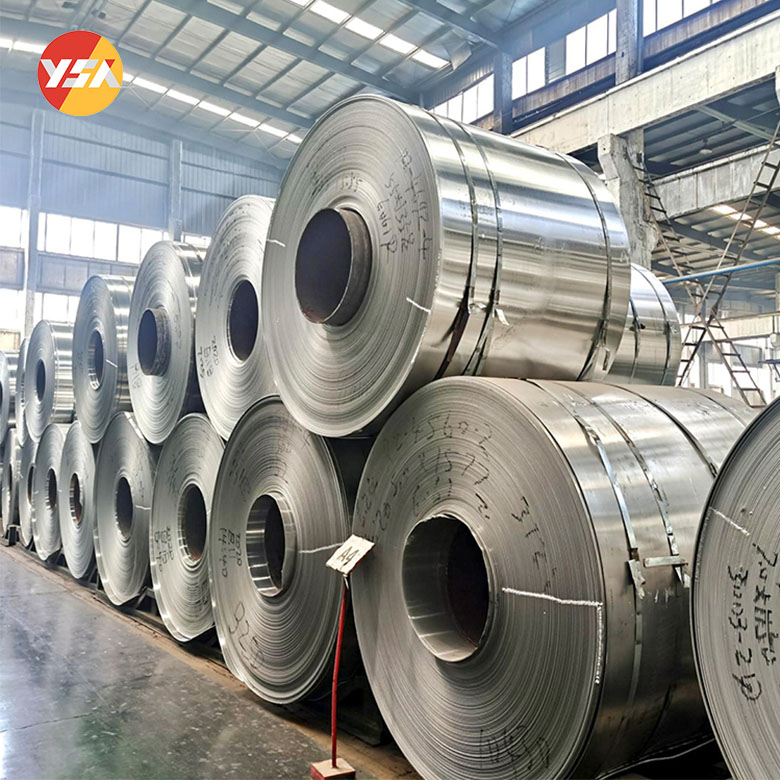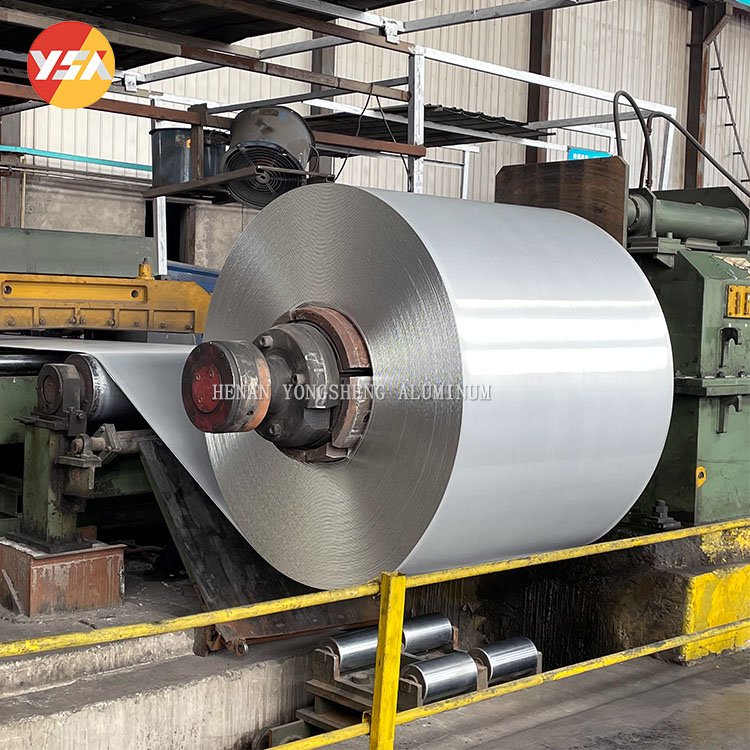Aluminum coils are highly valued for their excellent performance and versatility, making them essential in various industries such as construction, transportation, electronics, and home appliances. Selecting the right aluminum coil is crucial for ensuring the success of your project and the quality of the final product. Here are key factors to consider when choosing an aluminum coil.
Material Composition and Alloy Series
Different aluminum coil alloys have varying properties and application scenarios. Common aluminum coil alloys include the 1000 series, 3000 series, 5000 series, and 6000 series. For example:
– 1000 Series: High in pure aluminum content, offering excellent ductility and corrosion resistance, suitable for the chemical and food industries.
– 3000 Series: Contains manganese, providing good rust resistance, often used in construction and home appliances.
– 5000 Series: Contains magnesium, known for high strength and good corrosion resistance, widely used in marine and automotive industries.
– 6000 Series: Contains magnesium and silicon, offering medium strength and good processability, suitable for structural applications.
Selecting the right alloy series based on specific application needs ensures the material’s performance meets usage requirements.

Thickness and Width Specifications
The thickness and width of aluminum coils are critical parameters, with different applications requiring different specifications. Choosing the correct thickness and width based on processing and usage needs helps avoid unnecessary waste and processing difficulties. For example:
– Construction applications usually require thicker specifications to ensure structural strength.
– Home appliance applications may need thinner specifications to meet precision processing needs.
Surface Treatment and Coating
The surface treatment and coating of aluminum coils directly affect their appearance and corrosion resistance. Common surface treatments include:
– Anodizing: Enhances hardness and wear resistance, while providing an attractive appearance.
– Coating: Applying protective layers, such as polyester or PVDF, to improve corrosion resistance and decorative effect.
Choose the appropriate surface treatment and coating type based on the usage environment and aesthetic requirements to extend the aluminum coil’s service life and enhance product appearance.
Production Process and Quality Standards
Selecting aluminum coils from suppliers with advanced production processes and strict quality control is essential. Qualified aluminum coils should meet international and industry standards, such as ISO and ASTM, ensuring the material’s physical properties and chemical composition meet specified requirements. Additionally, check the supplier’s production equipment and technical capabilities to ensure they can provide stable and high-quality aluminum coil products.

Supplier Reputation and Service
Choosing a reputable supplier ensures the quality of aluminum coils and after-sales service. To evaluate supplier reputation:
– Customer Reviews and Feedback: Understand other customers’ experiences with the supplier’s products and services.
– Certification: Choose suppliers with certifications such as ISO9001.
– Sample Testing: Request samples before bulk purchasing to test and confirm the quality meets your requirements.
Consider the supplier’s after-sales services, such as technical support, logistics, and return policies.
Schlussfolgerung
Choosing the right aluminum coil involves considering material composition, thickness and width specifications, surface treatment, production process, and supplier reputation. Carefully evaluating these factors ensures the selected aluminum coil meets project needs and guarantees the final product’s quality and performance.


